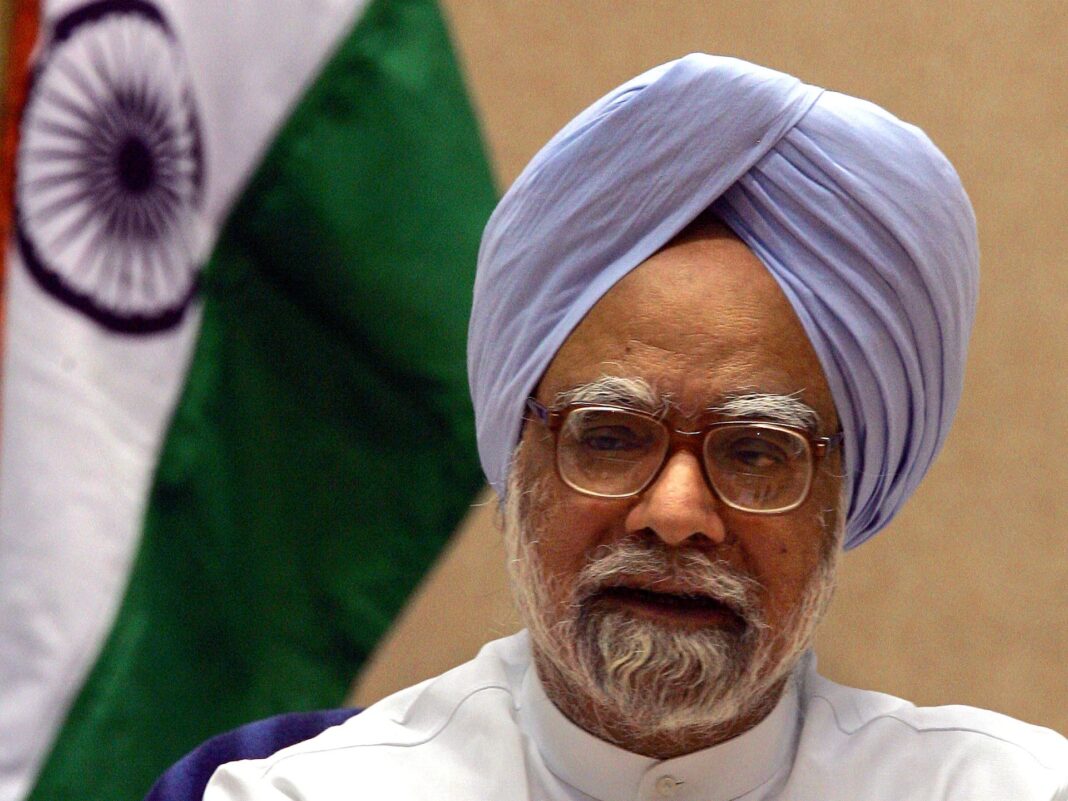Singh, one of the architects of India’s economic liberalisation in the early 1990s, held office from 2004 to 2014.
India has announced seven days of mourning and a state funeral for former Prime Minister Manmohan Singh, who was hailed as one of the architects of the country’s economic liberalisation in the early 1990s.
The government declared on Friday that mourning would be observed until January 1, with a state funeral accorded “as a mark of respect for the departed dignitary”, who passed away on Thursday in a New Delhi hospital at the age of 92.
The official date for the state funeral was not announced immediately, however, a senior member of the Congress party suggested the event, which will see the national flag flown at half-mast on official buildings nationwide, would be held on Saturday.
Prime Minister Narendra Modi hailed Singh, who held office from 2004 to 2014, as one of the country’s “most distinguished leaders”, while The Times of India newspaper ran a front-page tribute describing him as the “man who liberated India’s dreams”.
India’s cricket team paid respects to Singh on Friday, wearing black armbands as they took to the ground in Melbourne to battle hosts Australia in the fourth Test.
Humble beginnings
Born in 1932 in the mud-house village of Gah in present-day Pakistan, Singh rose from humble beginnings to high office.
He studied economics to find a way to eradicate poverty in the vast nation, winning scholarships to attend Britain’s two prestigious universities – Cambridge, where he obtained a first in economics, and Oxford, where he completed his doctorate.
Singh worked in a string of senior civil service posts, served as a central bank governor and also held various jobs with global agencies such as the United Nations.
Tapped in 1991 to reel India back from the worst financial crisis in its modern history, he went on to oversee a significant economic boom in his first term as prime minister.
He also sealed a landmark nuclear deal with the United States that he said would help India meet its growing energy needs.
However, Singh’s second term ended with a series of major corruption scandals, slowing growth and high inflation.
Singh’s unpopularity in his second term and lacklustre leadership by Rahul Gandhi, the current opposition leader in the lower house, led to Modi’s first landslide victory in 2014.







